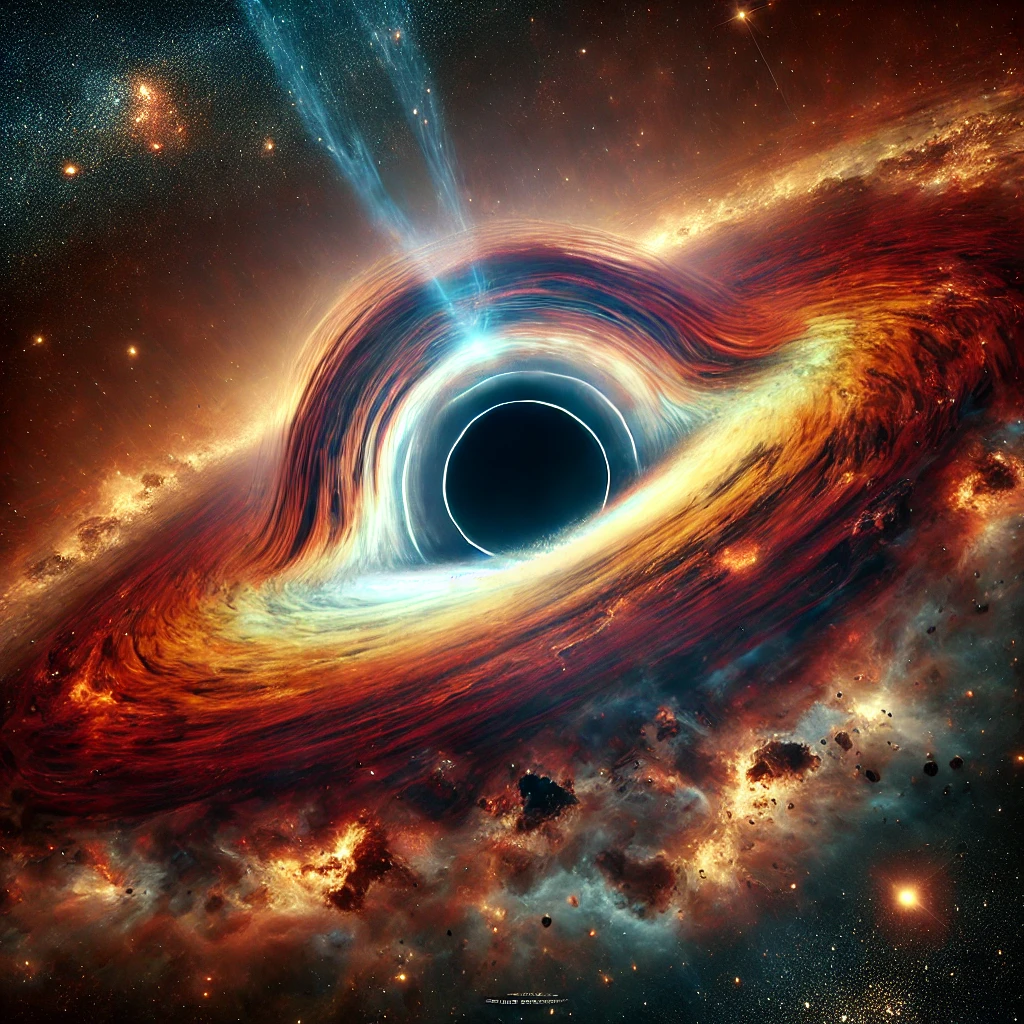The university of Oslo, in Norway, is home to a group of astronomers who research gravitational waves.
….but perspective shows us how far we’ve come as a species, people think of the Norse when thinking of Norway, with their ancient Gods, the Vikings and their primitive ways. Personally, I also think of that stereotypical Norwegian “Viking music” ( e.g. https://www.youtube.com/watch?v=ury2dVp9rwE), I can just feel the energy from the primordial music.
Speaking of primordial, there are many things that we associate with that word, notably, for the science geeks, primordial black holes. What does that even mean? the concept of primordial is a tricky one, because in human terms, there’s always something before us, having evolved from primates, primordial has a different sense, referring to the beginning of “us”.
But there wasn’t always a before. 13.8 billion years ago is the “day” researchers believe the universe “began”, in fact, time being a dimension, the question of what happened before the big bang, might not even make sense at all, because time may have been introduced with the big bang, according to our best theories (that hurts my brain too).
But back on the topic of black holes, most people (at least those with some scientific curiosity) know the basics: big bang → gas clouds → star → supernova → black hole (if the star is big enough). Black holes come in varying sizes too, from a minimal 2-3x the mass of the sun all the way to 40 BILLION times the mass of the sun (the official name of that one is TON 618*), the formation of these supermassive blackholes are still out of the grasp of astrophysicists, however, we’ve come up with some pretty cool theories, namely primordial black holes.
Primordial black holes (if they exist) would have formed mere instants after the big bang (during inflation, when the universe expanded by a factor of 10^25 in the first 10^-33 seconds after the big bang), one proposition is that they were caused by quantum fluctuations (tiny temporary changes/fluctuations caused by the uncertainty of quantum physics), where the fluctuations would have caused such disparities in energy density, that dense areas would have instantly formed black holes.
The reason this is so interesting to scientists (also it’s just super cool) is that it could potentially account for all dark matter, which makes up 85% of the universes matter and scientist don’t have a clue as to what it is, they just know it’s there.
Those black holes could be among us, but the question is how to find out which are, and which aren’t primordial. Scientists are searching for a couple things: 1. black holes the mass of the sun or less, because a star wouldn’t form a black hole with such a mass, and 2. black holes from before the formation of stars (less than 100-200 million years after the big bang).
In fact, there’s a theory that small, asteroid sized or smaller primordial blackholes could be lurking inside stars. The whole thing is, frankly, mind-boggling.
So with that, I leave you to gaze at the stars. It really is a wonderful world.
Stay curious,
- Alexio.
If you want to read more about the topics mentioned:
https://www.sciencenews.org/article/primordial-black-holes-cosmic-dawn
https://www.ligo.caltech.edu/news/ligo20160211


Leave a Reply